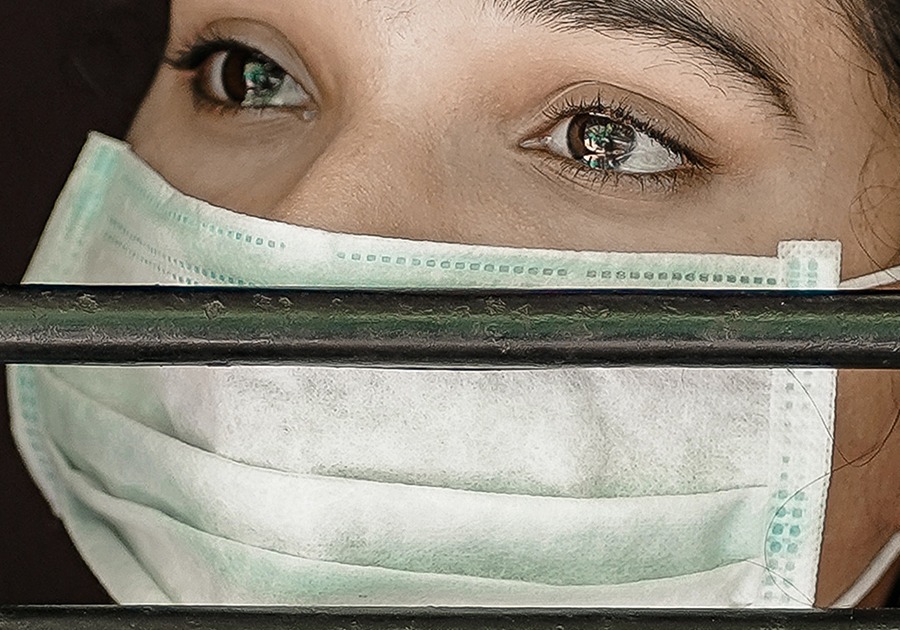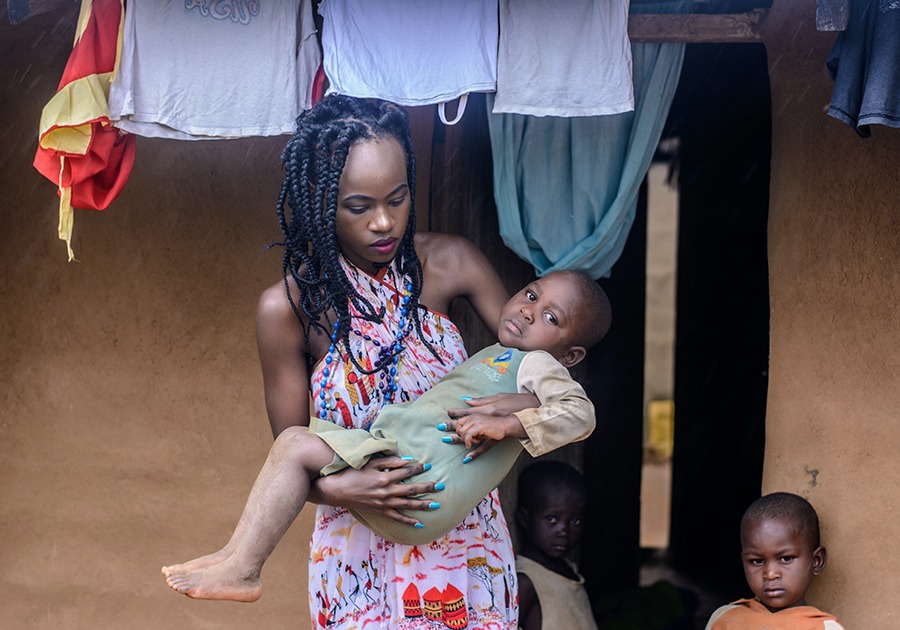COVID-19: How Countries Around the World are Combatting Gender-Based Violence

Disease outbreaks like Covid-19 threaten the health of all, but like most disasters, women and girls are disproportionately affected. As people are forced to stay at home due to the Covid-19 pandemic, gender-based violence has significantly increased all around the world. Survivors are forced to lockdown with their abusers, isolated from the people and resources that can help them.
Since France’s lockdown on 17 March, reports of domestic violence have increased by 30%, and emergency calls about domestic violence have increased by 25% since Argentina’s lockdown started on 20 March. A third of crimes in Kenya reported since Covid-19 arrived were related to sexual violence .
Many other countries have reported dramatic increases in gender-based violence. Pre-existing gender inequities are generally exacerbated during disasters, that’s why violence in the home may worsen as the lockdown and other stressors increase tension in the household.
WHO has urged countries to “incorporate a focus on gender into their COVID-19 responses in order to ensure that public health policies and measures to curb the epidemic take account of gender and how it interacts with other areas of inequality.”
What are countries around the world doing to combat gender-based violence?
Kenya
The Government of Kenya, along with the United Nations, launched an appeal seeking $267 million to respond to the pandemic, which could affect over 10 million people. $4.2m of that amount will go towards providing lifesaving medical treatment, psycho-social support and legal representation in relation to violence against children and gender-based violence.
South Africa
South Africa has an alarming rate of gender-based violence, and the current crisis has magnified it. According to this article by Health-E, 2300 cases of gender-based violence were laid with the police within the first week of lockdown, 37% higher than the weekly average of the 87,290 domestic violence cases reported to police during 2019.The South African Government has designated a number of government buildings to be repurposed as gender-based violence shelters. Courts are also being kept open for urgent protection orders, and they’ve provided an active texting line that women and children can use to seek help.
France
Since the surge of domestic violence during the lockdown, the French Government announced it would house victims of domestic violence in hotel rooms and set up pop-up counselling centres in grocery stores. They’ve also set up an alert system to help victims. French Minister of Gender Equality Marlène Schiappa, states that “you can send a text to the 114 emergency number – there’s no need to talk – you can also alert your pharmacist during an errand. We have also set up facilities where abused women can find assistance and a sympathetic ear in shopping centres that are still in operation.”
Zimbabwe
Zimbabwe had a rapid increase in domestic violence in the two weeks since its lockdown. Between March 30 and April 9, the Musasa Project, an organisation against gender-based violence, says it received 764 gender-based violence reports. Musasa, the Adult Rape Clinic and Zimbabwe Women Lawyers Association have opened dedicated hotlines to assist women and girls seeking help. Veritas, another women’s rights watchdog in Zimbabwe, has called on the government to respond to the rising pattern of violence within communities.

Violence against women and children is known as the ‘shadow pandemic’ — an unfair side-effect of the already devastating Covid-19.
The crisis magnifies the gaps in violence prevention and response, as resources and access to services become even more strained. What governments can learn from this is that the protection of women and girls should be ensured right from the beginning of a pandemic and they should continue to do so once it’s over — ensuring that those most impacted by disasters and crises are not forgotten.
Working in conflict-affected communities, CTG is aware of the gender inequities many women face around the world. That’s why we’re committed to creating an inclusive, rewarding and safe working environment with Female First.

